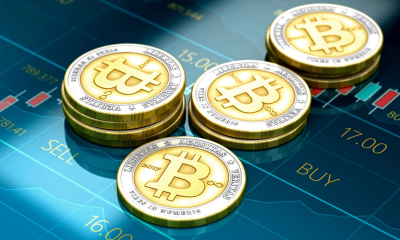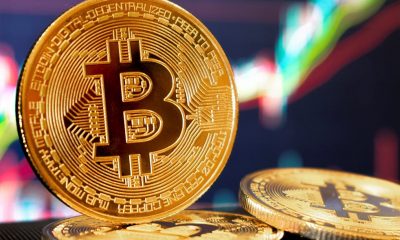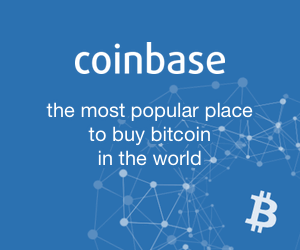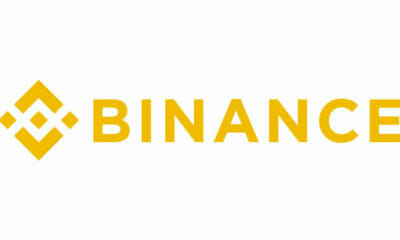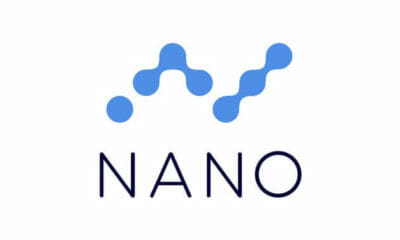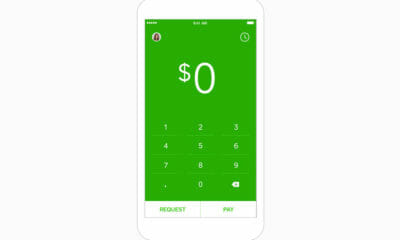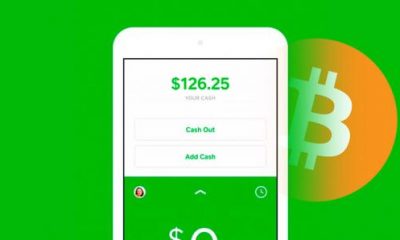Charles Hoskinson has always been a huge advocate for decentralized finance and building a network that could provide solutions to the problems with our current financial and banking systems. In this recent AMA Charles speaks out on his view about the issues that Bitcoin faces as well as reminding everyone that cryptocurrency isn’t all about taking profits.
Adoption
Cardano founder, Charles Hoskinson speaks on the future of Bitcoin and taking profits
Adoption
CryptoBase Report: January 25, 2025
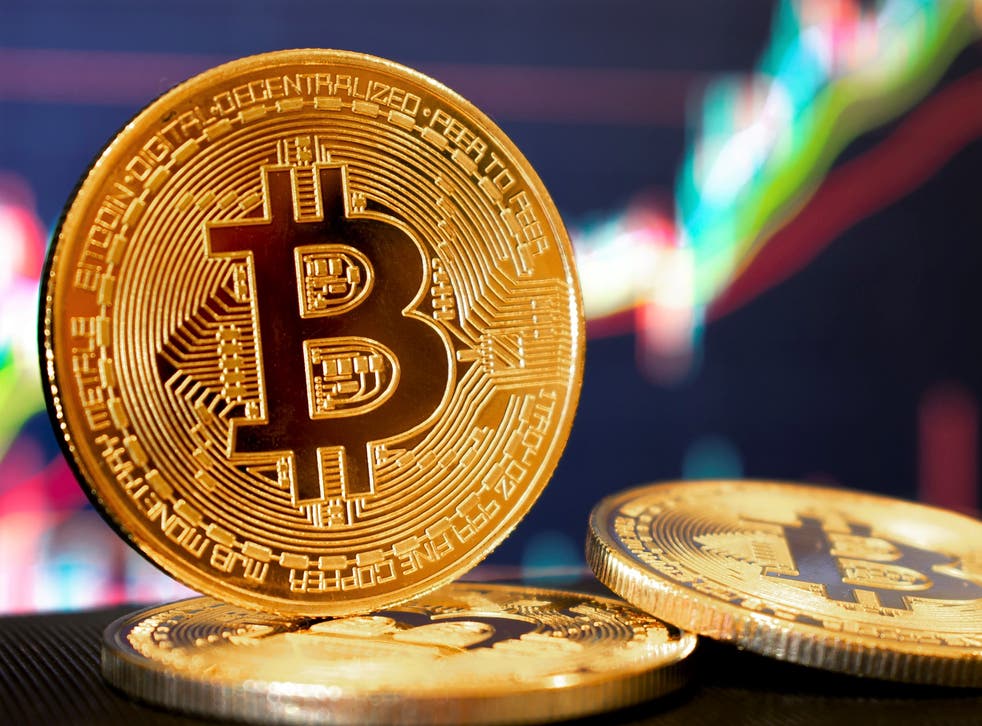
1. SEC Opens Door for Banks to Hold Crypto Assets
In a significant policy shift, the U.S. Securities and Exchange Commission (SEC) has overturned previous guidance that treated digital tokens as liabilities on bank balance sheets. This change is expected to facilitate banks in offering cryptocurrency custody services without facing financial penalties, signaling a more welcoming approach to the digital asset sector under President Donald Trump’s administration.
2. Ledger Co-Founder Kidnapped in France
David Balland, co-founder of French cryptocurrency firm Ledger, was kidnapped by an armed gang demanding a €10 million ransom. During the 24-hour ordeal, Balland suffered severe injuries before being rescued by elite police forces. Ten suspects have been arrested, though the gang leaders remain at large. This incident highlights the increasing security risks faced by individuals in the cryptocurrency industry.
3. Trump’s Executive Order Boosts Crypto Market
President Donald Trump has issued an executive order titled “Strengthening American Leadership in Digital Financial Technology,” aiming to regulate and promote the cryptocurrency sector. The order establishes a Presidential Task Force on Digital Asset Markets to develop a federal framework for digital asset trading and explore creating a national reserve of digital assets. This move is seen as a significant shift toward a more crypto-friendly regulatory environment.
4. Andreessen Horowitz Refocuses Crypto Investments to U.S.
Venture capital firm Andreessen Horowitz is closing its London office and pulling back from UK crypto investments, refocusing on the U.S. market following President Trump’s election. The firm cited the new administration’s supportive stance on crypto as a reason for the shift. Founders Marc Andreessen and Ben Horowitz are advising Trump on technology policy, aligning with his administration’s approach to light-touch crypto regulation.
5. Market Reaction to Trump’s Crypto Policies
The cryptocurrency market experienced a dip following President Trump’s initial policy decisions, which included the creation of a task force to propose new crypto regulations and consider a U.S. cryptocurrency reserve. Bitcoin steadied at around $105,000, reflecting a tempered response to potential regulatory changes. Additionally, Trump-related cryptocurrencies like the $TRUMP token saw a significant drop in value, raising ethical concerns and prompting inquiries from Democratic lawmakers.
Closing Summary
The past 48 hours have seen significant developments in the cryptocurrency landscape, driven largely by policy shifts under President Trump’s administration. While regulatory changes signal a more crypto-friendly environment, the market’s response has been mixed, with notable fluctuations in asset values. Security concerns have also come to the forefront, underscoring the need for vigilance in this evolving sector.
Adoption
PayPal’s crypto trading goes live in the US!
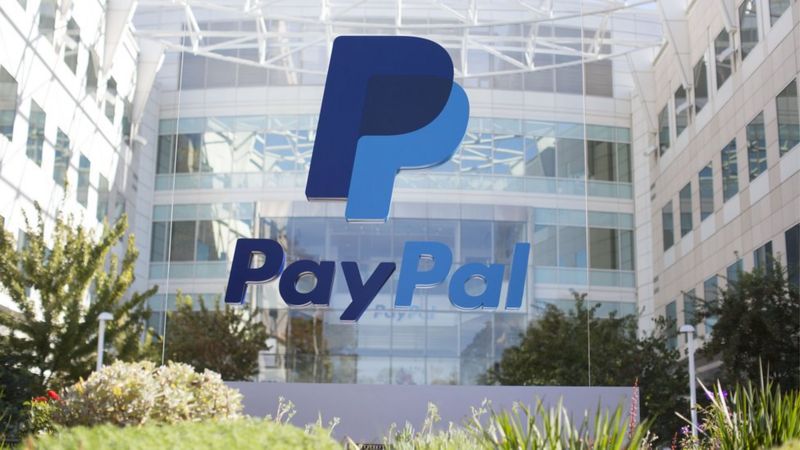
Customers will be able to trade up to $20,000 a week, rather than the originally announced $10,000.
On Thursday, PayPal’s crypto trading and payments went live for all eligible customers in the United States.
Per its updated announcement, PayPal ended its waitlist for customers looking to use cryptocurrency in the U.S. Trading features a limit of $20,000 per week, which is double the originally announced $10,000.
PayPal ultimately plans to make crypto payments available at 26 million merchants globally.
A representative said that PayPal will notify U.S. customers about the general availability of crypto services in the coming days.
Dan Schulman, CEO of PayPal, noted that the shift to supporting crypto was driven by what he sees as an “inevitable” drift toward virtual currencies.
“The shift to digital forms of currencies is inevitable, bringing with it clear advantages in terms of financial inclusion and access; efficiency, speed and resilience of the payments system; and the ability for governments to disburse funds to citizens quickly.”
Much-anticipated global services are expected to launch at the beginning of 2021, alongside crypto payments on Venmo. PayPal initially announced its plans to integrate crypto three weeks ago. The announcement led to a boost in BTC price.
As part of its crypto services, PayPal received the first conditional Bitlicense from the New York Department of Financial Services, one of the most hawkish sub-national financial regulators in the U.S. Many noted that the terms of PayPal’s crypto services would entail that coins bought on the platform would not be able to leave, likely as part of its compromise with regulators in bringing crypto services to such a wide user base.
Adoption
PayPal Allows Bitcoin And Crypto Spending
PayPal has entered the cryptocurrency market, announcing that its customers will be able to buy and sell Bitcoin and other virtual currencies using their PayPal accounts.
Those virtual coins could then be used to buy things from the 26 million sellers which accept PayPal, it said.
PayPal plans to roll out buying options in the US over the next few weeks, with the full rollout due early next year.
Bitcoin prices rose alongside the news, breaking the $12,000 (£9,170) mark.
The other cryptocurrencies to be added first will be Ethereum, Litecoin, and Bitcoin Cash (a spin-off from Bitcoin).
All could be stored “directly within the PayPal digital wallet”, the company said.
‘Penny stocks’
Cryptocurrencies have remained a niche payment method, partly down to the rapid change in prices they can experience compared with traditional state-backed currencies. That has made them popular among some types of investors.
PayPal said it was aiming “to increase consumer understanding and adoption of cryptocurrency”.
“As part of this offering, PayPal will provide account holders with educational content to help them understand the cryptocurrency ecosystem,” it said.
But David Gerard, author of Attack of the 50 Foot Blockchain and the forthcoming Libra Shrugged: How Facebook Tried to Take Over the Money, said PayPal was describing “a crypto day-trading market”.
“I’m at a loss as to who the market is for PayPal as a crypto-exchange,” he said.
He likened it to playing the stock market, but with Bitcoin – whose volatile and less well-regulated nature was like “gambling on penny stocks”.
“Have a flutter, drop $10 on it, you’ll learn things you wouldn’t learn any other way – but you are gambling,” he warned.
He said there were “a lot of big players who manipulate the price”, and ordinary people risked losing their money.
“I don’t expect much of a market for this beyond existing crypto holders… I’m baffled that PayPal would offer this, and it’s not clear what they’re trying to do here,” he said.
“There must be someone at PayPal who is very interested in cryptocurrencies,” he added.
Paying with crypto
Other payment firms, such as Square’s Cash app and Revolut, have already offered cryptocurrencies for sale. But PayPal has one of the largest merchant networks in the world.
When it comes to using the virtual coins, PayPal will convert the cryptocurrency into the relevant national currency, so the company being paid will never receive the virtual coins – just the correct amount of pounds or dollars.
PayPal said the system meant there would be “certainty of value and no incremental fees”.
But using Bitcoin to pay at ordinary merchants is not due to launch until “early 2021”.
Cryptocurrencies’ volatile prices – along with their historical use as a less traceable payment method for illegal purposes – have led to numerous calls for them to be regulated.
PayPal has been granted permission for its operation from the New York State Department of Financial Services, in the form of a conditional “Bitlicence” – the first such licence granted.
To begin with, the service will work with an existing cryptocurrency provider in the US, the Paxos Trust Company.
But it is not PayPal’s first venture into the area.
The firm was once a partner in Facebook’s digital currency Libra, but became the first to pull out of the alliance, just a few months after it was announced.
The scheme was controversial, attracting attention from financial regulators in several countries.
Earlier this year, Facebook was reported to be “rethinking” the idea amid the resistance.



